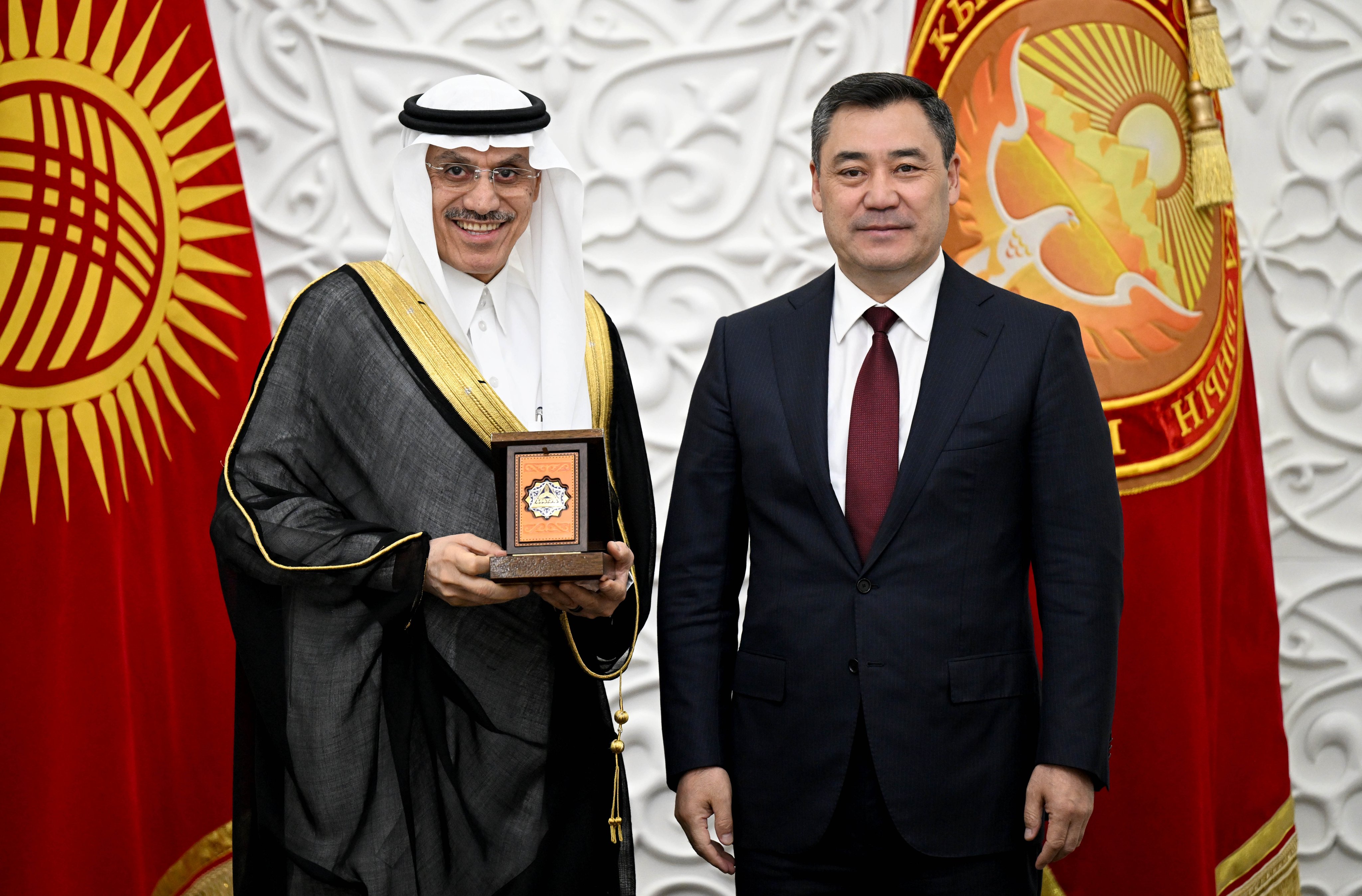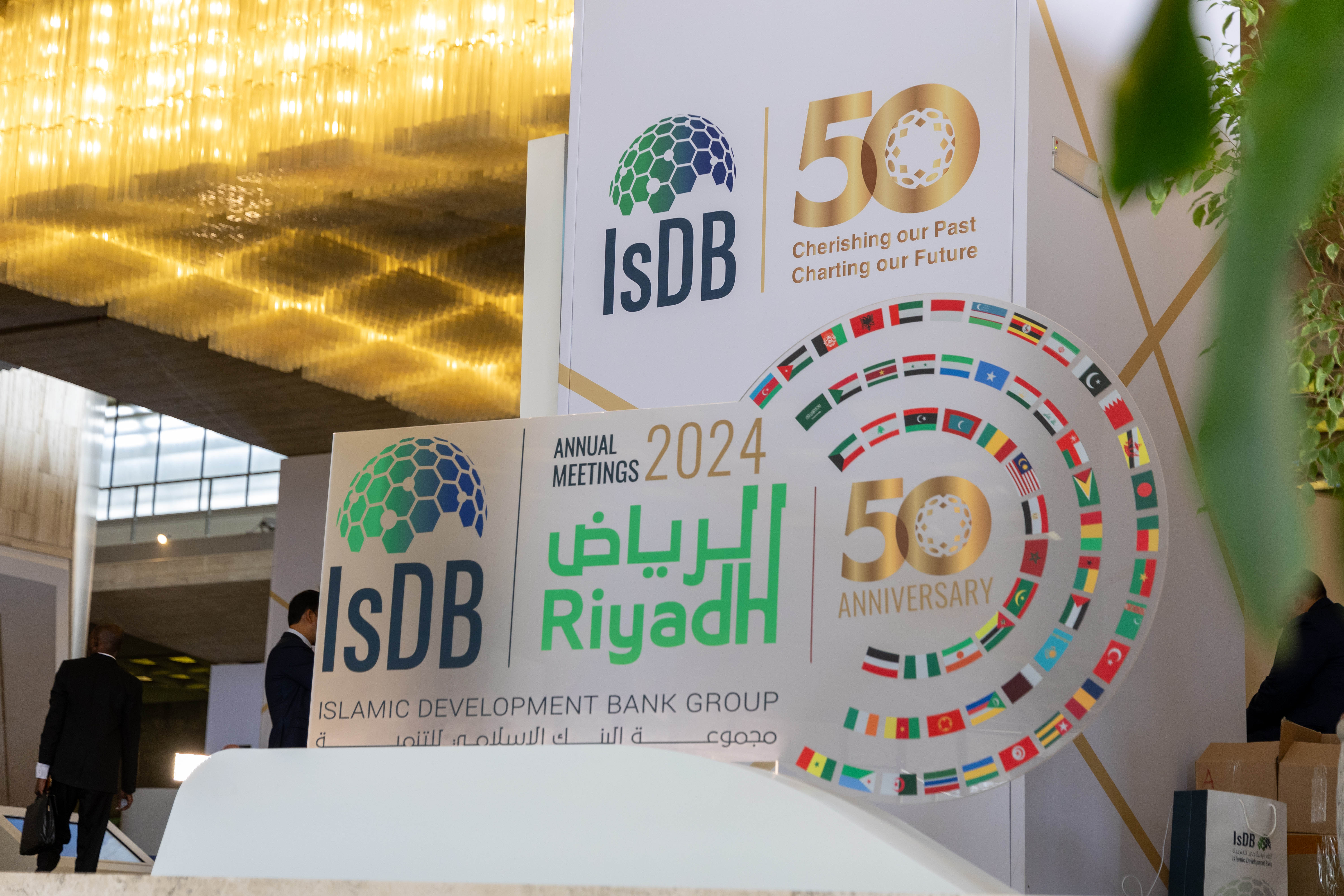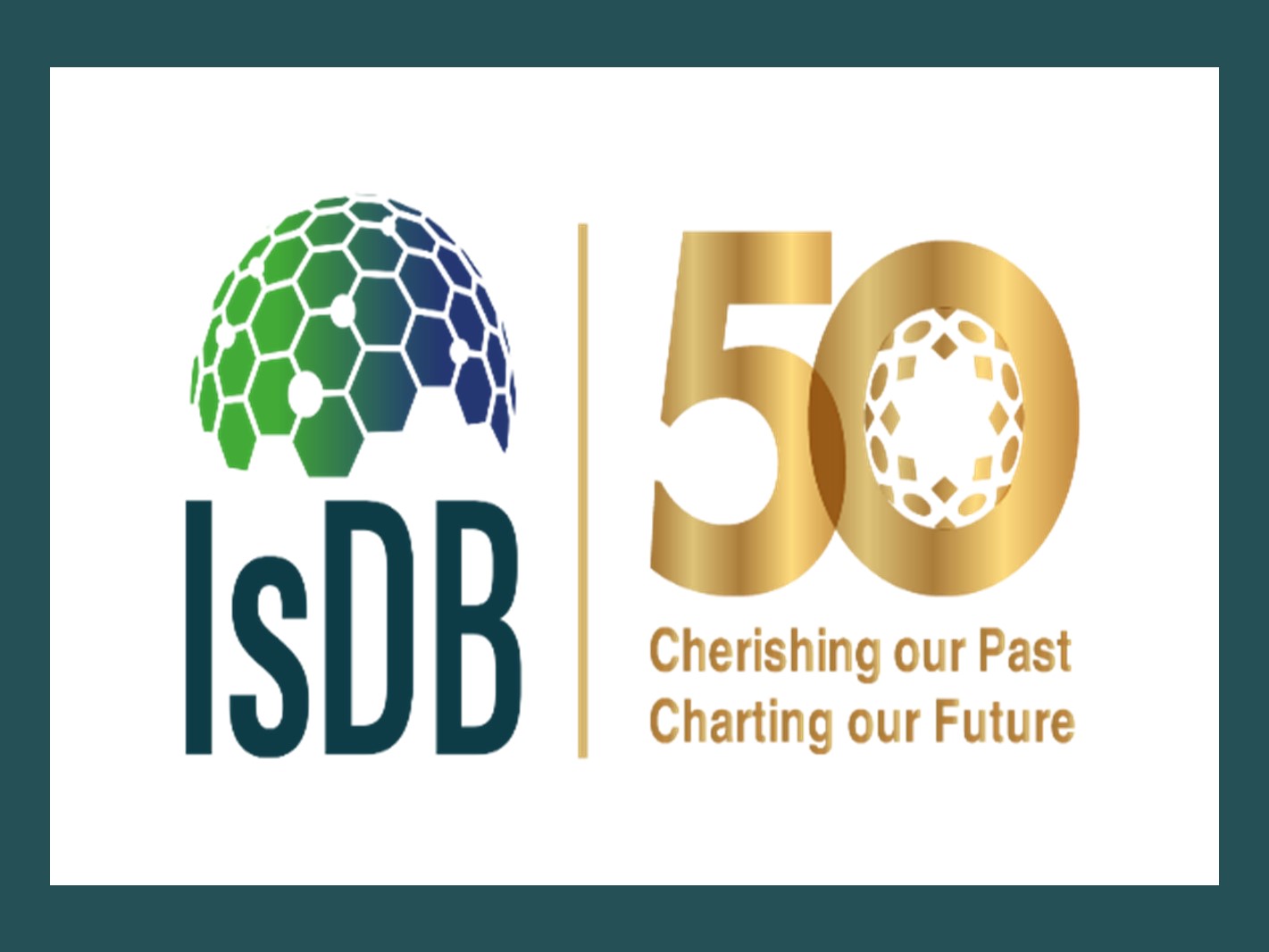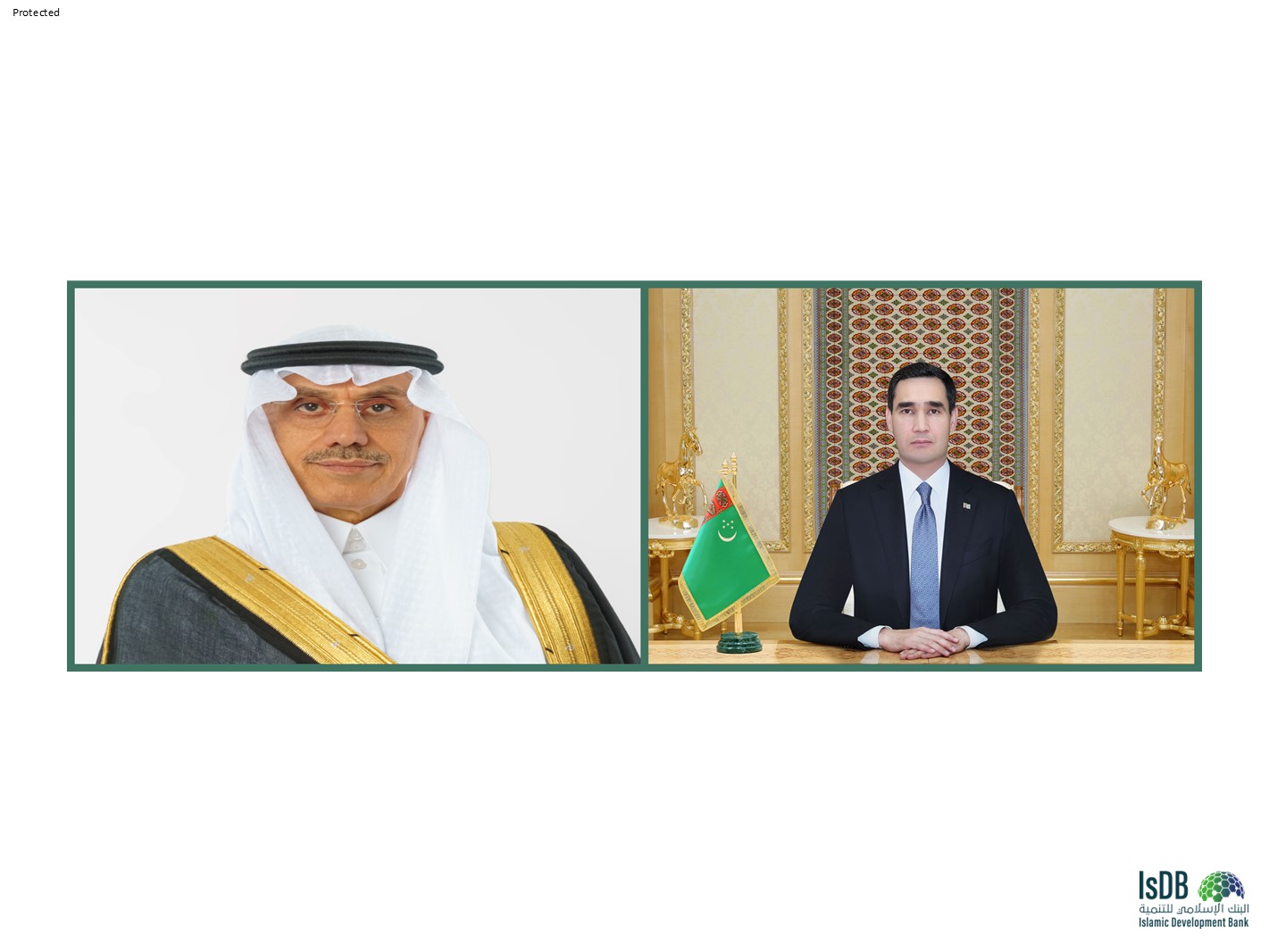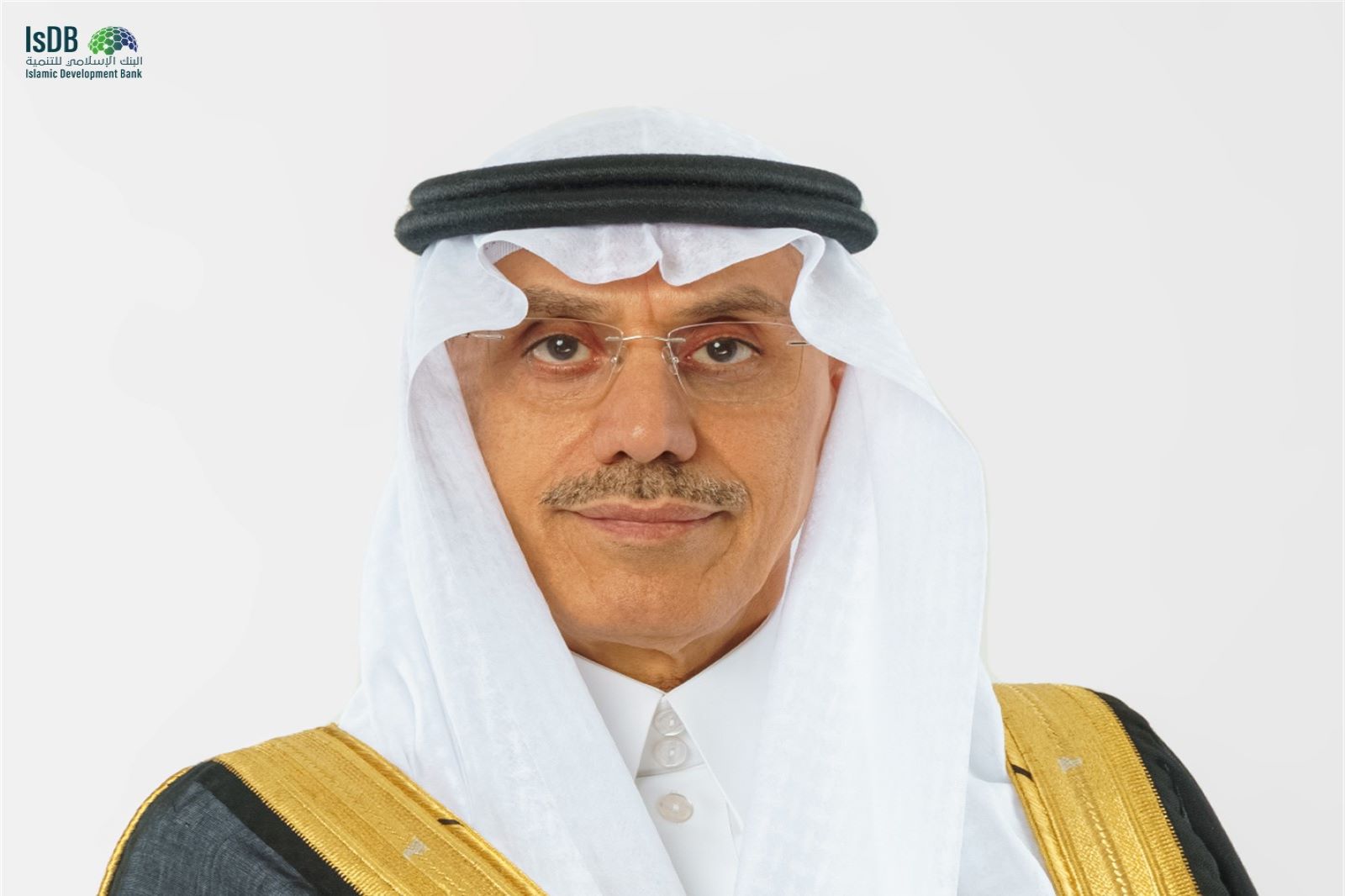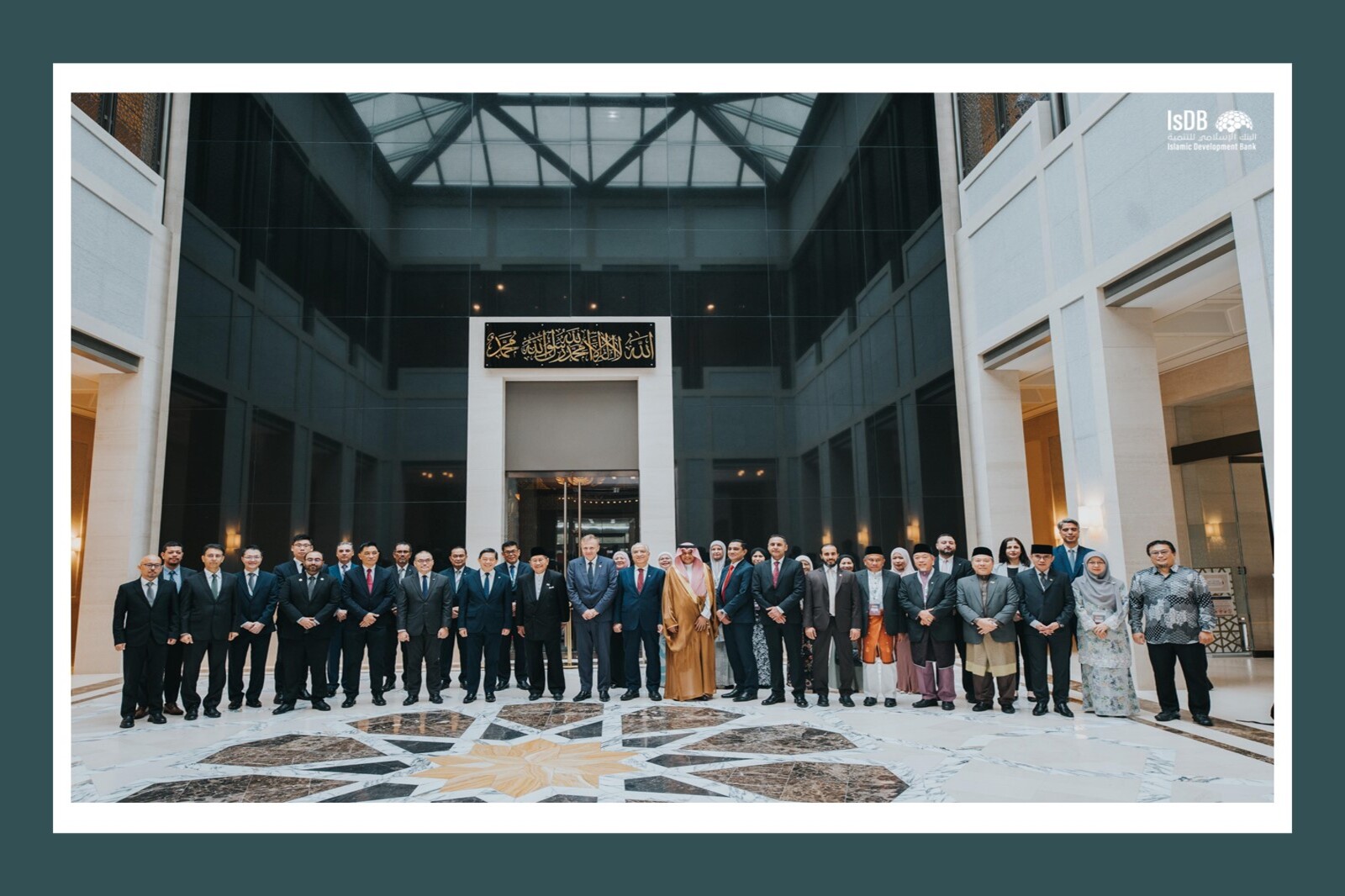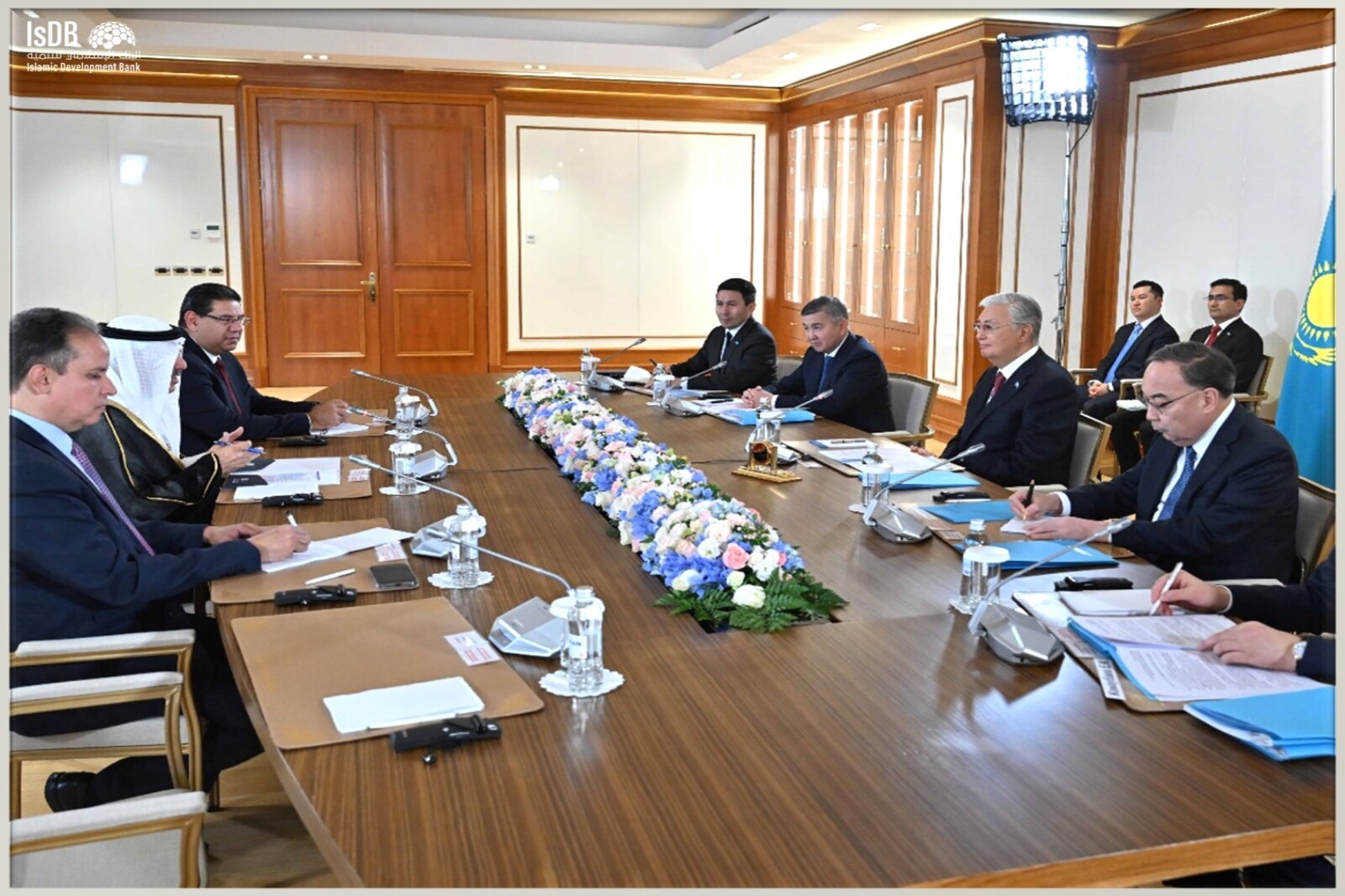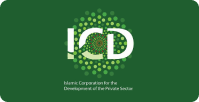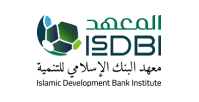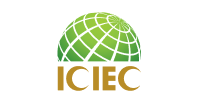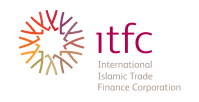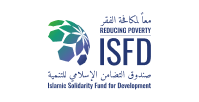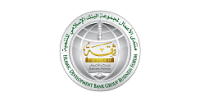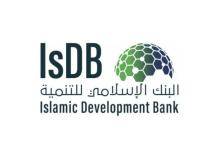Bettering Lives, Delivering Impact
Boosting Recovery, Tackling Poverty & Building Resilience, Driving Green Economic Growth
Driving Green Economy
Promoting sustainable economic growth by focusing on environmentally friendly practices, renewable energy, and green technologies
Read moreTackling Poverty and Building Resilience
Addressing the root causes of poverty while strengthening the ability of individuals and communities to withstand and recover from hardships.
Read moreBoosting Recovery, Tackling Poverty & Building Resilience, Driving

More About the Islamic Development Bank
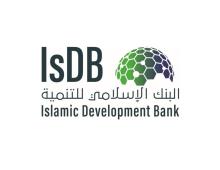
In a distinguished ceremony held in Bishkek, the President of the Kyrgyz Republic, H.E. Mr. Sadyr Japarov, awarded the prestigious Order of Friendship to H.E. Dr. Muhammad Al Jasser, President and Chairman of the Islamic Development Bank (IsDB) Group.
The IsDB Board of Governors marked the 50th anniversary of the Islamic Development Bank in 2024 by adopting the Riyadh Declaration. This historic declaration celebrates the IsDB’s legacy, reaffirms its ethos, and clarifies its vision for the future.
We Are Proud to Serve
WE ARE PROUD to reach the lives of 1 in 5 of the world’s population.
Our mission is to enhance lives through the promotion of social and economic development across our 57 member countries in four different continents and muslim communities globally, delivering widespread and meaningful impact.
Our approach is grounded in the belief that every individual has the right to a dignified and prosperous life, with sustainable economic growth being the most effective way to alleviate poverty.
We stand at the forefront of islamic finance with a top-tier aaa rating, over usd 16 billion in active projects, and a subscribed capital base of usd 70 billion, ensuring sustainable impact across the globe.
Our world-class development bank, inspired by Islamic principles, significantly transforms the landscape of comprehensive human development in the Muslim world, restoring dignity and bringing prosperity.
We are a global institution, headquartered in Jeddah, Saudi Arabia, with major hubs in Morocco, Malaysia, Kazakhstan and Senegal, and gateway offices in Egypt, Turkey, Indonesia, Bangladesh and Nigeria.
We believe all people have the right to live in dignity and prosperity, and that nurturing economic growth is the best route out of poverty.
Our Projects at a Glance
Feature and human interest stories
Find wide range of insights tackling various topics related to SDGs.
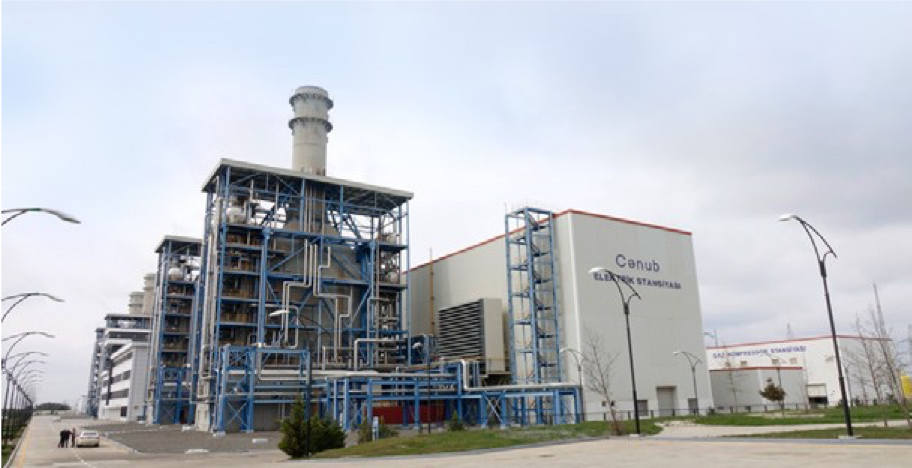
Azerbaijan’s large oil and natural gas reserves have put it at the forefront of major energy distribution in Central Asia. Natural resources play a significant role in the country’s economic growth, with the energy sector accounting for one third of Azerbaijan’s GDP. Over the last 30 years however, daily power shortages have been a commonality for the residents of Central Aran in Azerbaijan as Shirvan, the age-old power plant in the district, proves unstable and inefficient. This has had a knock-on effect for households, businesses and farmers, who faced low productivity, delays in production and high production costs.
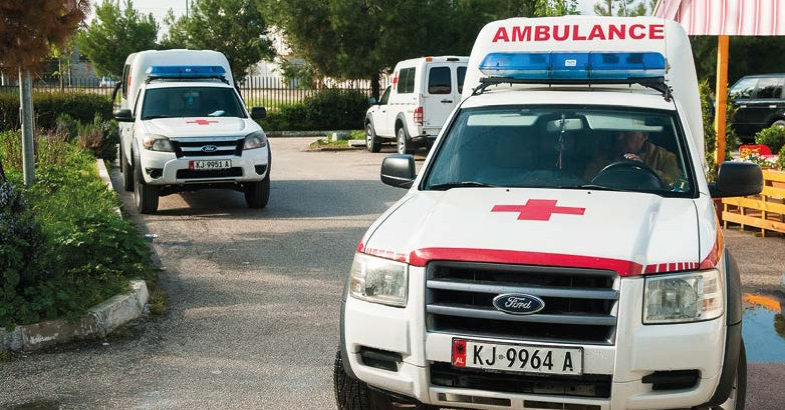
The biggest impact of Kavaja’s new hospital is clearly for its patients. Today, the city’s 120,000 residents benefit from modern healthcare facilities. But before the new hospital building was constructed, people in this coastal, rural area lived with low standards of healthcare, similar to those found across many regions outside of Albania’s capital, Tirana.
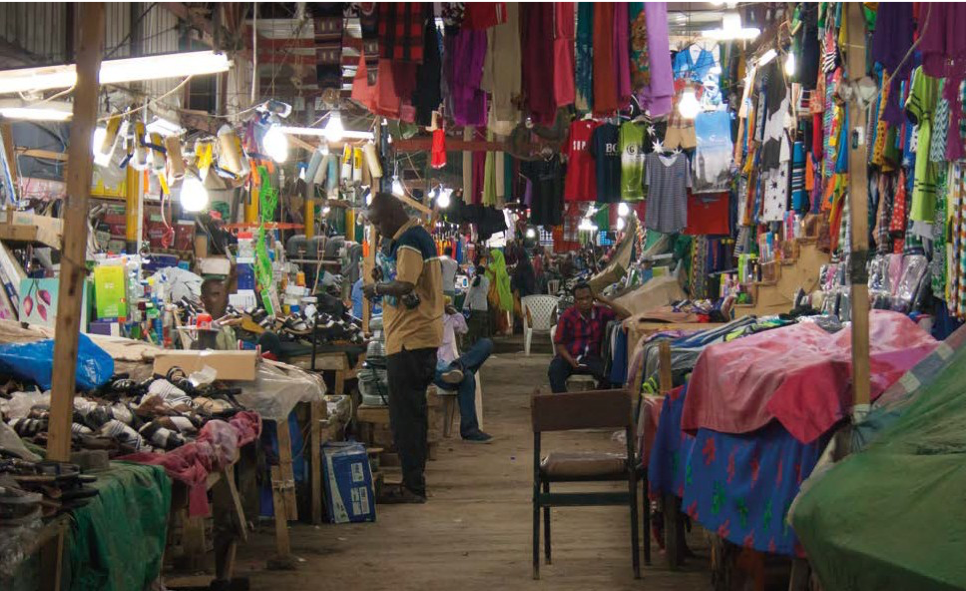
Djibouti’s economy has performed well in recent years: GDP growth reached 6.5 per cent in 2015/16, and two major infrastructure projects have been completed – the new container port at Doraleh, which opened in 2009, and the railway that connects Djibouti City and its ports to Ethiopia, which opened in 2017.
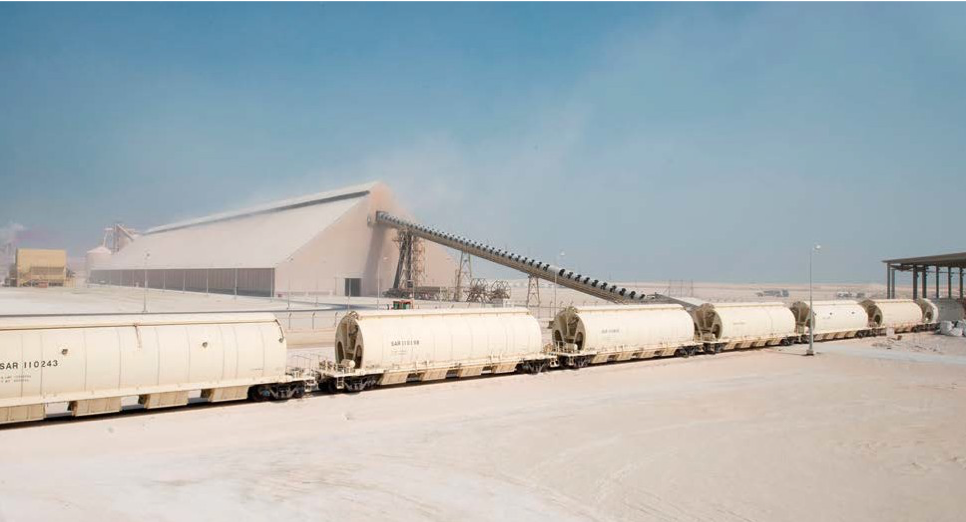
The Kingdom of Saudi Arabia’s rock phosphate deposits are estimated at 960 million tonnes – the 11th largest reserves in the world. In 2009, the Islamic Development Bank (IsDB), set about developing these natural resources – and in doing so, diversifyed the country’s export economy – through the Ma’aden Phosphate Fertilizer Complex project. The Saudi Arabian Mining Company, Ma’aden, was given the responsibility to extract and process the phosphate. It successfully established a phosphate fertilizer industry, simultaneously providing a national income stream outside of the oil sector and establishing new centres of economic activity in Al-Jalamid and Arar in the north of the country, and Ras Al-Khair on the east coast. Saudi phosphate fertilizers are now exported all over the world, supporting both the national economy and global food production.
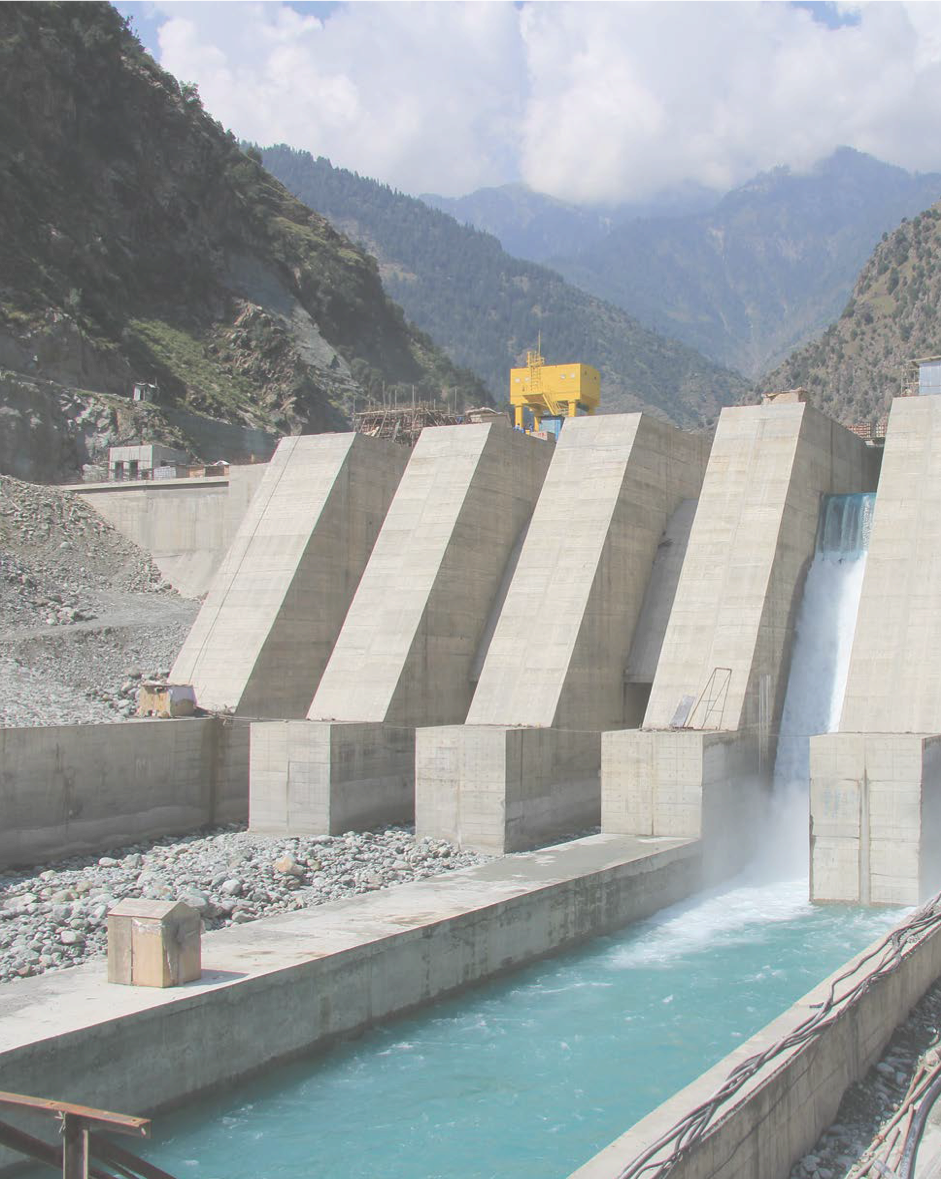
Domestic production of renewable energy is playing an increasingly important role in Pakistan’s energy mix, as the Government of Pakistan bids to reduce the dependency on imported fossil fuels. Hydroelectric power is a leading contributor to this, capitalizing on the country’s natural energy resources.
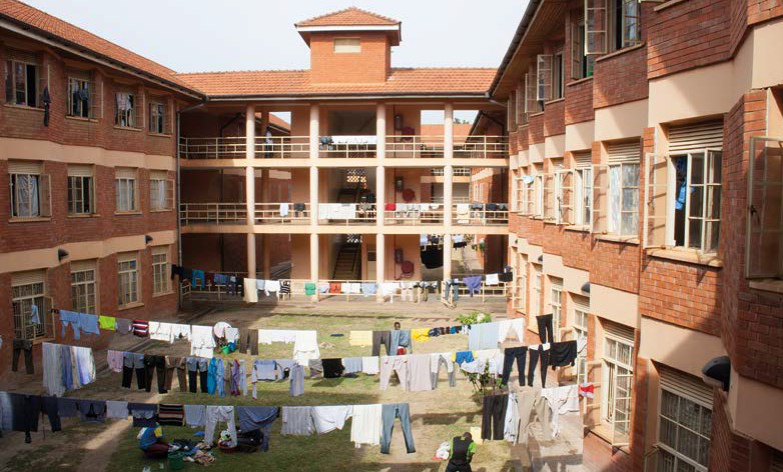
The Islamic University in Uganda (IUIU) has been a success story since it opened in 1988 however its popularity meant that it was severely oversubscribed and sufficient high standard accommodation was lacking. The university believed that providing better accommodation, would encourage more international students to come to the university and would help the university in their long-term goal of achieving a 50:50 split between national and international students.
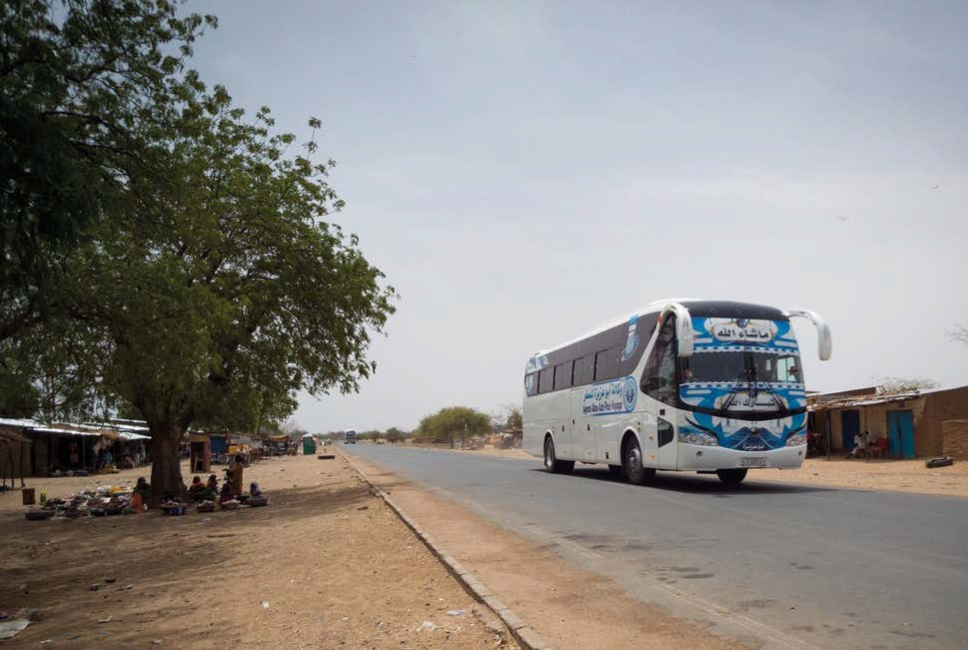
In Chad, 80 per cent of the population depends on farming and livestock, with many people living in remote rural communities. Chad is also landlocked, making trade with its neighbours vitally important. With no railways and few rivers, Chad is hugely reliant on its roads Since 2006, the Islamic Development Bank has supported the Government of Chad in their impressive improvement of the national road network. These projects have opened up previously isolated parts of the country, providing rural communities with crucial access to markets and services. And the economic benefits can already be seen: agricultural production has increased as farmers know they can sell their produce, and reduced travel times support many other businesses.
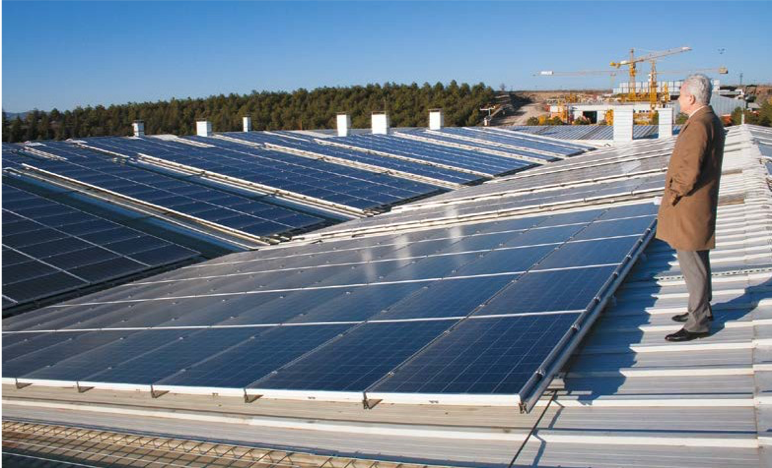
Between 2012 and 2015, The Islamic Development Bank (IsDB) provided financing for the energy sector, supporting four renewable-energy development projects and six energy-efficiency projects.
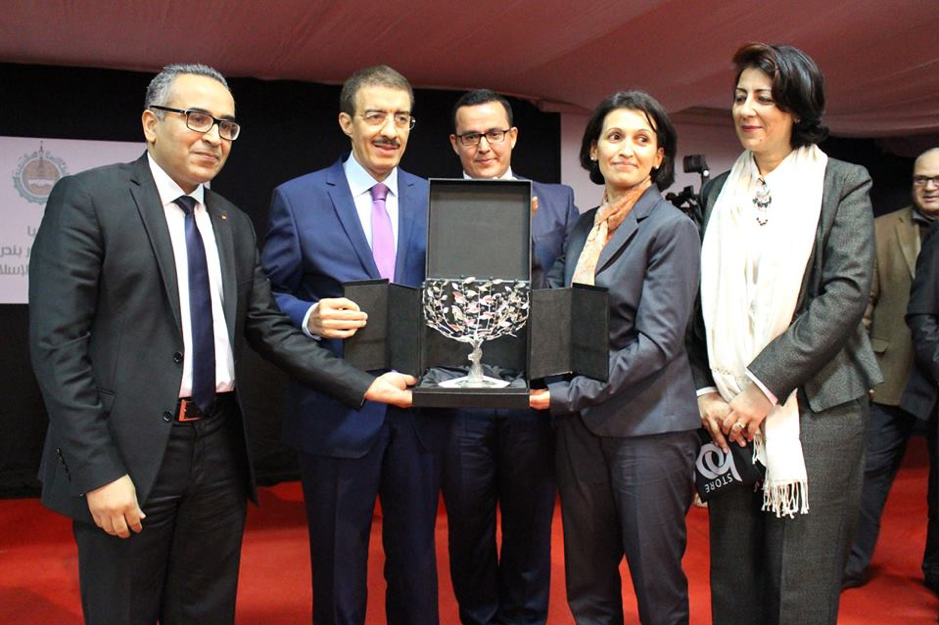
One of the most important areas of focus for the IsDB, in their goal to help promote human development, is the reduction of poverty – one way to achieve this is through supporting microfinance institutions. In 2017, the IsDB invested TD 2.8 million (around US$ 1.1 million) in the equity capital of Zitouna Tamkeen (ZT), a full-fledged Islamic Microfinance institution with an authorized capital of TND 20 million (US$ 8 million), based in Tunisia. The mission of the ZT Microfinance Institution is to “Participate in the economic inclusion of disadvantaged groups through Islamic Microfinance, promoting initiative and supporting self-employment projects"
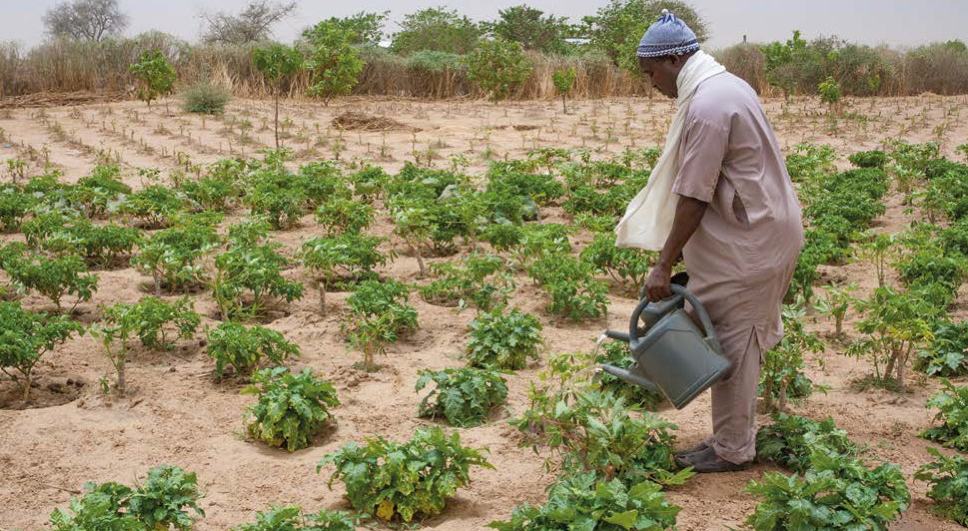
The project, which was supported by the Islamic Development Bank (IsDB), constructed boreholes, water treatment and storage infrastructure, and distribution pipes across the Thies and Fatick districts of Senegal. This has brought clean, safe water to hundreds of remote villages, where previously people were forced to use dirty, salty water drawn from wells.
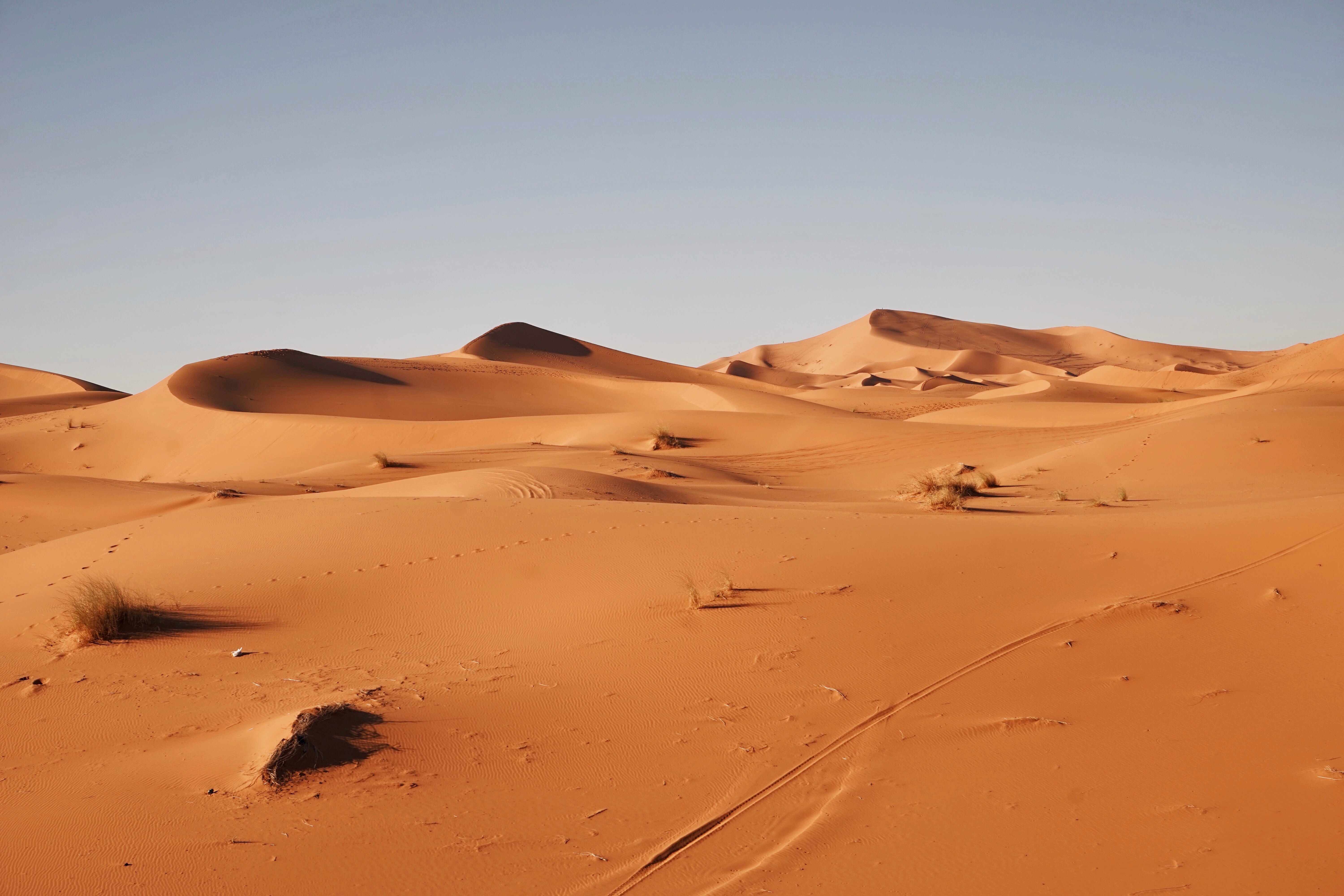
Beneath the Sahara Desert lie gypsum, phosphate salt, zinc and Mauritiania’s main source of foreign exchange: Iron ore. Much of it is exported via a large port at Nouadhibou owned and managed by Societe Nationale Industrielle et Minere (The National Industrial and Mining Company, known as SNIM). The company is a huge driving force behind the economy contributing to around 25-30 per cent of Mauritiania’s total economic activity each year.

Agriculture, food security and rural developments are the main areas of focus for the Islamic Development Bank’s intervention in Iran.
Events
Events
From Crises to Resilience: Empowering the Youth for an Uncertain Future IsDB 11th Youth Development Forum- 2023
Empowering the Youth for an Uncertain Future IsDB 11th Youth Development Forum- 2023. Ways in which young people can contribute towards crises mitigation and boost socio-economic development in their communities and society as a whole. “Concerted actions are needed from governments, executive agencies, development financiers, civil society organizations, and private sector agencies to ensure that insights, such as those gathered through data & analytics, flow from a wide range of credible sources, leveraging multiple inputs to inform decision-makers.”
Events
Events
Signing Event for the Second Group of AHTF Projects
Afghanistan Humanitarian Trust Fund (AHTF), managed by Islamic Development Bank (IsDB) Overview of Seven (7) Projects by AHTF to be Signed on 27 December 2023 with Implementing Partners (IPs) Total Cost: USD 24,973,543 AHTF Contribution: USD 16,046,066 IPs Contribution: USD 8,927,477
Events
Events
Session V: Looking Back- Third Decade (2013-2023) of Development Evaluation in IsDB Group
To what extent has the IEvD helped the IsDB Group edge closer to achieving development effectiveness over the past decade? What lessons can be learned? Moderator: Dugan Fraser, Head of Global Evaluation Initiative (GEI), World Bank Group, Presenter: Oguz Ceylan / Amin Abdullahi / ABM Panelists: Anasse Aissami, Director General, Country Programs, IsDB Mohameden Sidiya, former Director, IsDB Group Operations Evaluation Department (GOED) Zaher Rebai, Director, Human Resources Management Department (HRMD), IsDB Dr. Mohammed Alyami, Director Development Effectiveness Office, ICD Ahmed Ag Aboubacrine, Acting Director, Independent Evaluation Department (IEvD) Syed Hussein Quadri, Director of Resilience and Climate Action, IsDB
Events
Events
Opening Ceremony of the 5th IsDB Group Evaluation Symposium
Welcome: Ahmed Ag Aboubacrine, Acting Director, Independent Evaluation Department (IEvD) LEARN Video (2mn max) Opening Remarks: H.E. Dr. Muhammad Al Jasser, Chairman of IsDB Group Awards for Best PCRs Awards for Best Contributors to the Systematic Tracking of the Execution of Evaluation Recommendations (STEER) STEER Video (2mn max) Keynote Speaker: Dr. Emmanuel Jimenez, Director General, Independent Evaluation – Asian Development Bank
President
Read More
Dr. Al Jasser was elected by the IsDB Board of Governors in early July 2021 to lead the AAA-rated institution for five years. He assumed office as Chairman of the Islamic Development Bank Group on August 9, 2021. He served as the Minister of Economy and Planning and Governor and Board Chairman of the Saudi Arabian Monetary Agency. Now the Saudi Central Bank-SAMA.
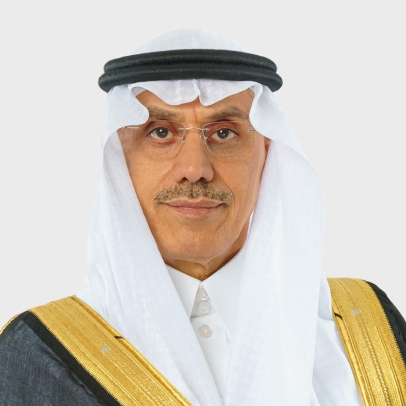
H.E. Dr. Muhammad Sulaiman Al Jasser

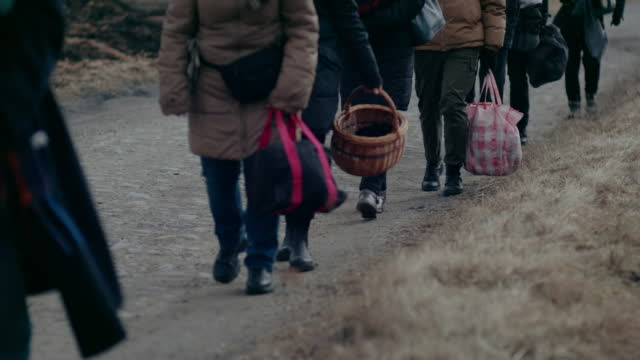
Improving Access to Education and Employment Syrian Refugees and IDP's
In partnership with Islamic Solidarity Fund, Sheikh Abdullah Al Nouri Charity Society and SPARK, the Islamic Development Bank will provide skills enhancement, entrepreneurship support and MSME financing that support private sector growth and boost job creation.
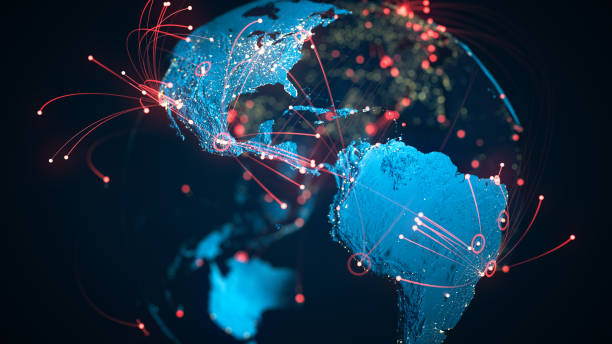
GPN - Development of an OIC Smart Countertrade System project
The Islamic Development Bank Institute has approved grant financing toward the cost of the Development of an OIC Smart Countertrade System project, and it intends to apply part of the proceeds to payments for goods, works, related services and consulting services to be procured under this project.
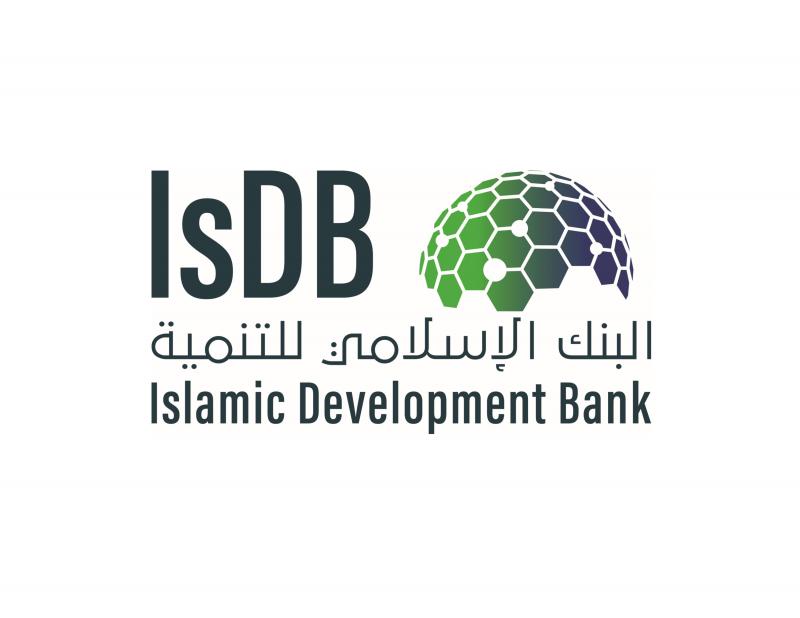
In totam nemo culpa esse et accusantium enim laudantium perspiciatis consequat Voluptatem quis quaerat eum soluta obcaecati occaecat iste
Porro voluptate elit
Projects
The Islamic Development Bank (IsDB) has a mandate to foster economic growth, sustainability and eradication of poverty forms its Member Country.

